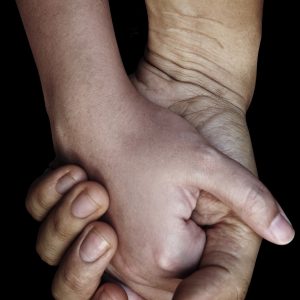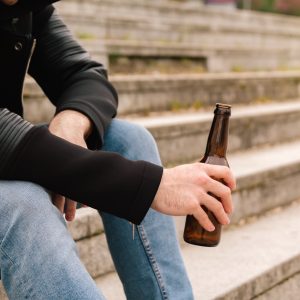Autistic Spectrum Disorder (ASD)

Having Autism Spectrum Disorder (ASD) does not mean you have an illness or disease. It means that your brain works in a different way from other people.
ASD is a spectrum condition and it affects everybody with autism differently and we know that mental health issues are more common in children and young people with ASD. With the right support, however people with autism can achieve a fulfilling life.
Autism affects people from all backgrounds and around one in every 100 people.
Autistic people have things they’re good at as well as things they struggle with.
A lifelong condition, ASD can make it more difficult to make and keep relationships, communicate feelings, ideas and thoughts, handle change or deal with aspects of the environment like sounds, light or textures. For some people with ASD, this can make it hard to carry out ordinary or everyday activities.
Self referral
Due to the complexity of ASD, and the need for supporting documentation from your GP, it is not possible to do a self-referral for this condition.
ASD can affect your mental health in ways such as an increase in anxiety. If you would like support with anxiety or another condition that we can accept self referrals for, please go to the relevant health topic page where you will find further information on the condition, a link to self-refer and self-help resources.
Self referral
Unfortunately due to the complexity of this condition and or the need for supporting documentation from your GP it is not possible to self-refer for ASD. ASD can affect your mental health in ways such as an increase in anxiety. If you would like support with anxiety or another condition that we accept self referrals for, please go to the relevant health topic page where you will find further information on the condition, a link to self-refer and self-help resources.
Referral via your GP
All referrals for assessment of ASD require you to make an appointment with your GP to discuss a referral for assessment of ASD. Your GP will make a referral which will then be assessed if appropriate.
Your GP cannot refer you without a completed school and parent report, which must have been completed within 6 months of your GP appointment. Please arrange for these to have been completed before discuss your concerns with the GP. Take these documents with you to the GP appointment. Links to forms are below.
Please provide detailed information on the forms about the difficulties your child is experiencing at home and school. This information will help us understand your child or young person’s needs to ensure the best outcome for a referral into the service. Schools and parents should work together to complete the referral forms.
Referral Forms (Electronic versions):
Parent-Carer Questionnaire – ALL AGES
School Questionnaire – SECONDARY SCHOOL
Referral Forms (Manual versions):
Self referral
It is not possible to start a self referral for this condition because of the complexity you may be experiencing, which requires discussion with your GP.
Contact your GP (between 8am to 6pm) for a GP referral or if you require urgent help please call NHS 111 (option 2) and you can speak to a mental health clinician. Where there is an immediate, serious, and life-threatening emergency, call 999 or go to A&E.
There are some accessible websites available in the self-help resources which you can visit today.
Self help resources
Resources can be accessed below.
View self help resources

















